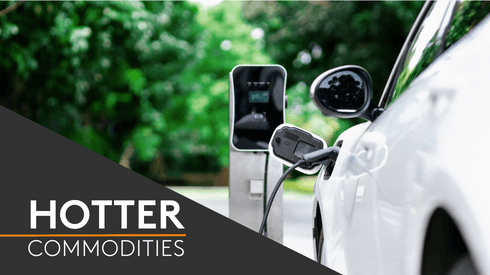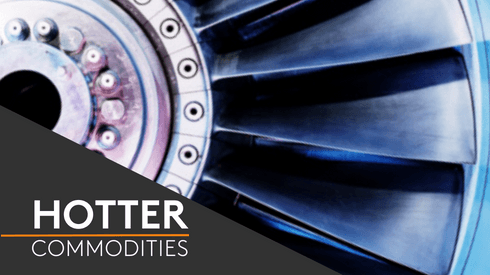Insufficient equity funds mean that UK battery start-up Britishvolt is entering administration. Dan Hurd, Jo Robinson and Alan Hudson of accounting firm EY-Parthenon’s Turnaround & Restructuring Strategy team have been appointed joint administrators.
The administrators will now assess the options for realizing the potential value in the business and assets of the company, including intellectual property and R&D assets, for the benefit of creditors, before closing the company’s affairs.
The majority of the staff were made redundant on January 17 with immediate effect.
The company was incorporated in 2019 and was planning to build a gigafactory producing electric vehicle (EV) batteries in Northumberland, north-east England. The plant was expected to have a yearly nameplate capacity of more than 30GWh by the end of the decade.
According to Britishvolt, the gigaplant would have produced enough cells for more than 300,000 EV battery packs per year, intended primarily for the automotive industry.
It was targeting production from phase one of the project to begin in the fourth quarter of 2023 or early in 2024.
But financial difficulties emerged over the course of last year. In November, the company publicly announced that it was actively seeking long-term funding, but had managed to secure short-term funding. But this meant that it had to cut staff salaries to reduce costs in the challenging economic situation.
In July 2022, the company announced that it had received permission to obtain funds from the Automotive Transformation Fund (ATF), administered by the UK government’s Advanced Propulsion Centre. This would have provided some of the £3.8 billion ($4.64 billion) needed to build the gigaplant.
“Britishvolt provided a significant opportunity to create jobs and employment, as well as to support the development of technology and infrastructure needed to help with the UK’s energy transition,” Hurd, who is also a partner at EY-Parthenon, said.
“It is disappointing that the company has been unable to fulfil its ambitions and secure the equity funding needed to continue,” he added.
The funding challenges faced by the start-up company shine a spotlight on the hurdles that new entrants face while they try to position themselves into the battery ecosystem.
UK needs to build battery material supply chain
“Gigafactories in the UK and even the EU are unlikely to be cost-competitive with those in China without adequate government support in the form of subsidies, such as is being provided in the US with the introduction of the Inflation Reduction Act [IRA],” Fastmarkets battery raw materials analyst Jordan Roberts said.
“The one hope for the UK domestic battery value chain is that an established battery producer comes on board to take over the [Britishvolt] project, with access to raw materials and combined with adequate support from the government. Otherwise the planned EV rollout will only stutter forward, before running out of charge,” he added.
“Start-ups have a lot of challenges, so it is not surprising that some fail, especially if they are starting from scratch,” William Adams, head of battery raw materials research at Fastmarkets, said.
“They need the know-how, they need the equipment to build the production lines, at a time when many other battery factories are also being built or expanded,” he added. “[And] they need to lock-in a supply of battery raw materials, again at a time when some many others want to secure supply too.”
Visit our dedicated battery materials page to discover more insights on the factors at play in the industry in 2023 and beyond.






